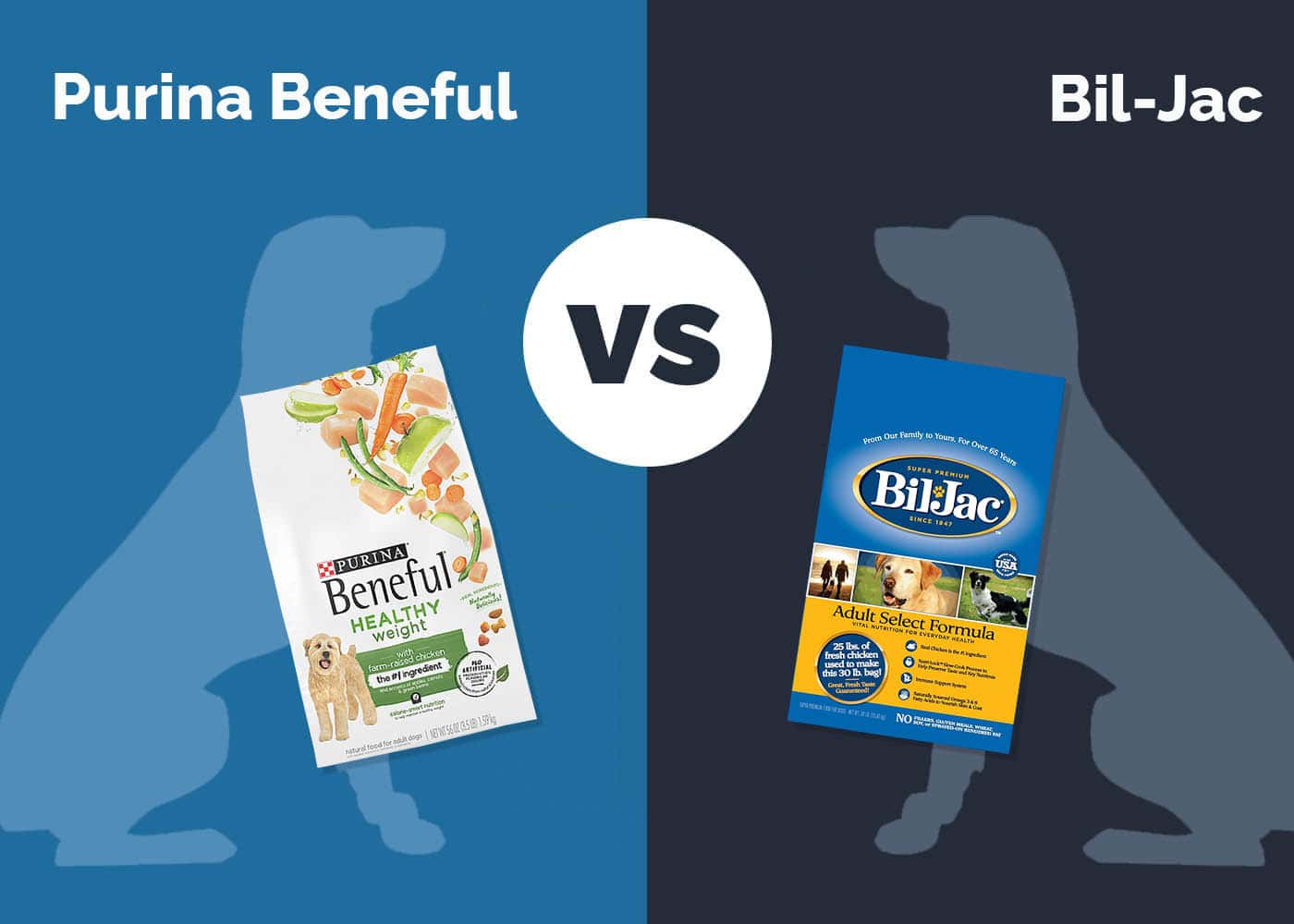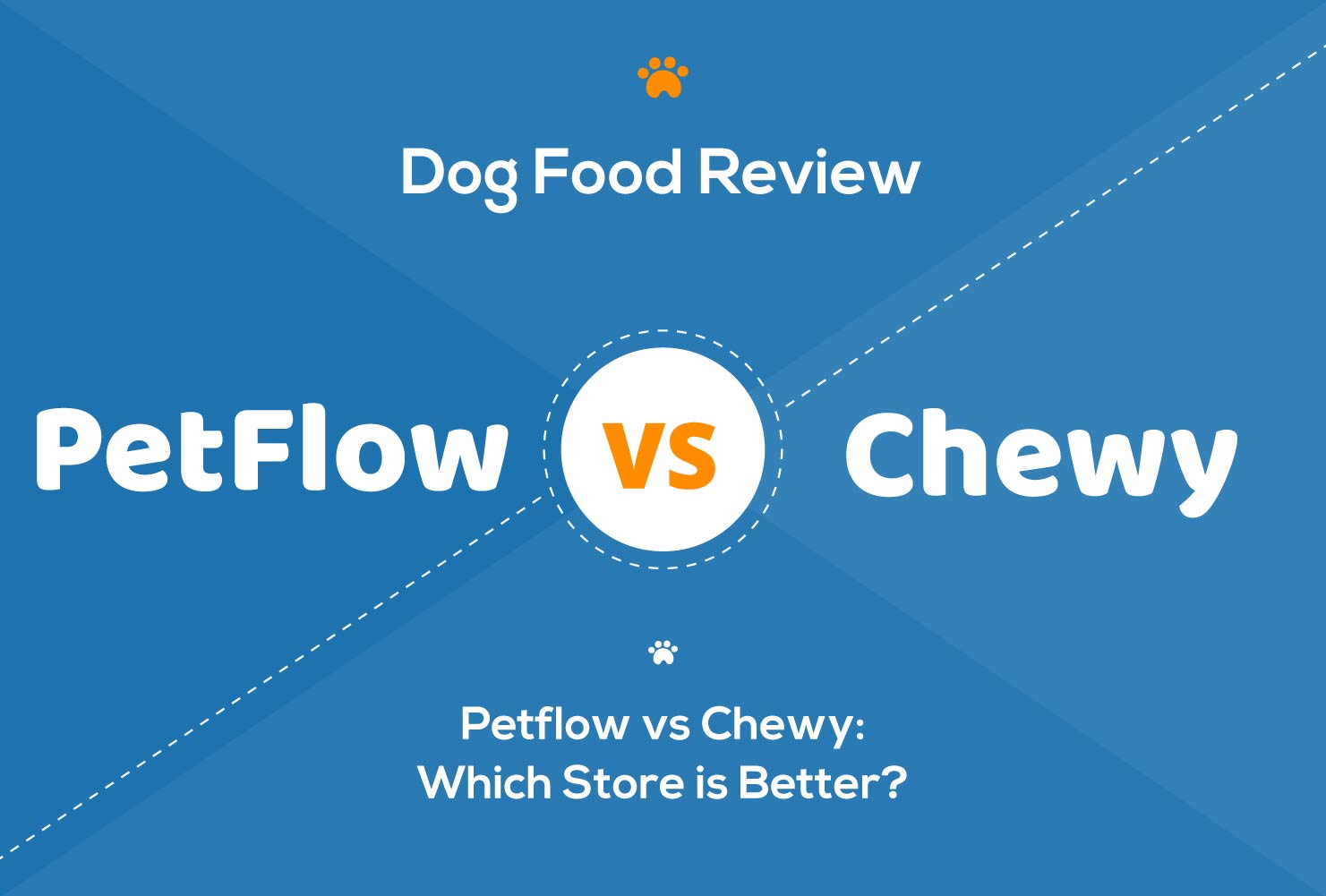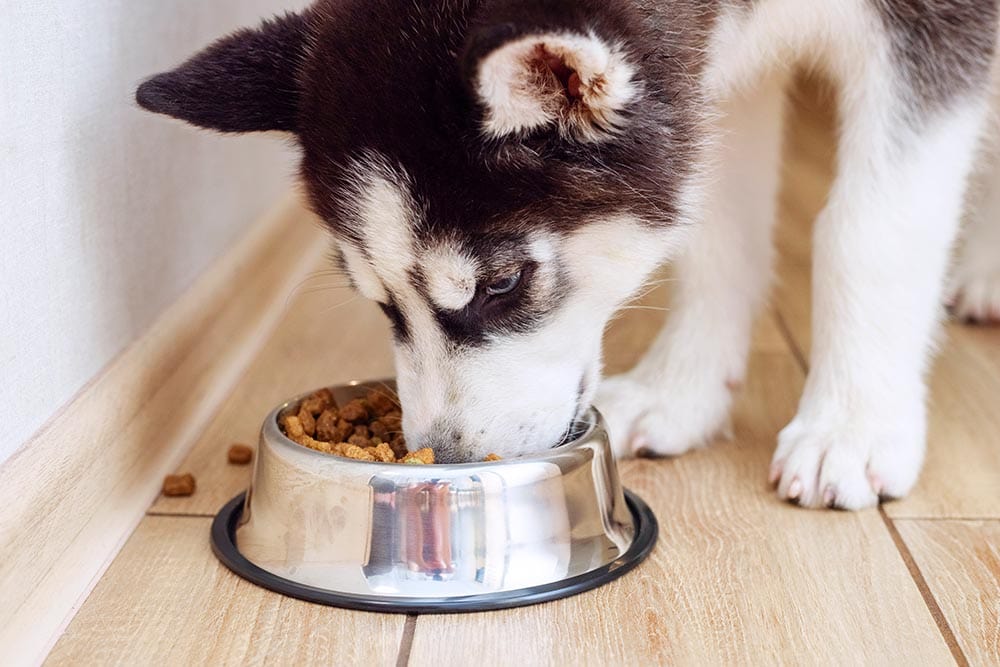Can Dogs Eat Pickles? Vet Approved Safety Facts & FAQ

Updated on
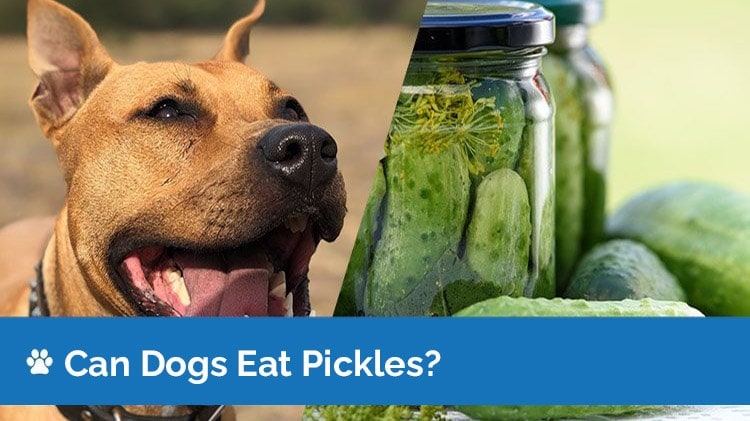
You have probably heard that some fruits and veggies are good for dogs, when given in moderation. And you’ve probably also heard that other foods can be bad for dogs at one time or another. The truth of the matter is that some fruits and vegetables are awesome meal additions, snacks, and supplements for dogs while others can be harmful for reasons such as toxicity and the risk of choking. Often the key is also moderation.
So, you may be wondering if your dog can eat pickles and whether eating pickles will influence their health in any way? It’s a legitimate concern that any loving dog parent would have. The answer to whether dogs can eat pickles is two-fold. In some cases, it’s fine for a dog to snack on a pickle because cucumbers in small amounts are actually healthy for dogs. But in general, pickles should be avoided entirely, especially depending on what ingredients they have been pickled with.
Here’s Why Some Pickles Aren’t Good for Dogs
Most store-bought pickles include lots of different spices and herbs. Some even contain hot peppers that would irritate your dog’s mouth and gastrointestinal tract. Onions are a popular pickling ingredient, but they aren’t safe for dogs, either. When eaten, onions can cause an upset stomach and a dangerous form of anemia that can be life-threatening if it isn’t caught and treated early enough.1
Garlic is another typical pickling ingredient that can also cause anemia and could result in an upset tummy for you and your pooch to deal with.2 A large variety of spices and herbs, alongside salt and preservatives, may be inside your jar of pickles and could disagree with your pet’s digestion, irritate an illness that’s already being dealt with, or create a new health problem to worry about.
So, unless you know exactly what’s in your pickles and you are sure that there isn’t anything other than maybe just a little apple cider vinegar, you’re probably better off keeping pickles well away from your pooch. If you still really want to share those store-bought pickles with your dog, spend time carefully reading the ingredients list, including the amount of salt, and offer just a tiny bite, if the list is free from harmful ingredients. However, we would recommend against it, as there is a risk you may make your dog sick, and there are many healthier and more nutritious treat options out there.
Many commercial pickles are high in sodium, and this may be excessive for your dog, causing thirst. A toxic dose of sodium chloride or salt for dogs is anything over 2 grams per kilogram of their body weight, and will lead to signs of poisoning. Ingesting a small pickle that fell on the floor before you had the chance to react, depending on the dog’s size, is unlikely to lead to salt toxicosis or other serious issues in most dogs, but is certainly not something your pooch needs.

Here’s Why Some Pickles are OK for Dogs
As mentioned before, cucumbers in themselves aren’t a danger to dogs. In fact, cucumbers are good for dogs when they’re enjoyed as occasional snacks. They are hydrating and exceptionally low in calories, which makes them a beneficial snack option for overweight dogs that need to lose weight. Make sure to wash them first and offer only thin slices, as some dogs may try to swallow them whole, which is a choking hazard. Swallowing big pieces may also lead to stomach upset or even blockage in the stomach or the intestine.
But pickles aren’t just plain old cucumbers. All pickles are soaked in a marinade of vinegar at the very least. Basic pickles are made with nothing more than vinegar and some dill, possibly making fitting snacks for dogs. However, vinegar may still cause a stomach upset or have a laxative effect. The dill can make a great breath freshener but should be offered in moderation and according to your vet’s advice.
If you love eating pickles yourself, you should still keep them away from your pooch, as they will likely still contain some harmful ingredients and offer almost no actual health benefits.
Consider Plain Cucumbers Instead
Cucumber is something you can consider instead, again in moderation. You can expect to save some money on your pickles and create a bonding moment when you share a small amount of sliced cucumbers with your furry family member. Making cucumber recipes yourself is also pretty easy to do!
Most pickle recipes call for pickling cucumbers, which are shorter and thinner-skinned than the cucumbers you probably buy for salads. You may be able to find pickling cucumbers at your grocery store or local farmer’s market. Some companies will even ship them to you. But if you can’t find any of these particular cucumbers, you can use the cucumbers that are sold at your community stores. They just may result in cucumbers that are a bit softer in texture. Make sure to first wash them well, as fruit and veg often contain a lot of pesticides, especially on their skin.

Once you have collected some cucumbers, cut them into slices and offer them to your pooch. You can mix them with other food ingredients in their bowl or place them in a Kong toy. You can also freeze them to give to your dog on a hot summer day. For all of this, you don’t have to be very experienced in the kitchen.
Always offer very small amounts initially, as any new food ingredient can cause a tummy upset in dogs. If your dog develops signs of vomiting, diarrhea, reduced appetite, excess gas, or lethargy, speak to your vet and do not offer cucumbers again.
Here’s How Cucumbers Should Be Fed to Dogs
Cucumbers that are safe for your dog to snack on shouldn’t ever be fed to them whole. Even large dog breeds that are used to scarfing their food down can choke on a whole cucumber if they’re too eager to eat it, and they don’t break it down enough before swallowing. You should always cut the pickle down to bite-sized pieces of slices before serving it to your dog.
You can give the cucumber pieces to your dog with their meals as a supplement or as a snack between meals. Cucumber pieces can also be healthy as rewards during training time, for the vitamin, mineral, moisture, and fiber benefits that these crunchy veggies offer. Of course, they cannot be the main source of these nutrients, but are just a very small bonus on the side, accompanying a complete and balanced diet.
One thing to be aware of with cucumbers is a potentially toxic chemical compound called cucurbitacin. It’s mostly found in the roots, stems, and leaves but it can be in the fruit as well making it taste bitter. In small amounts it shouldn’t harm your dog, but make sure to cut off the ends of cucumber and peel it, to be on the safe side.
Cucumber seeds are not toxic, but may cause an upset stomach in some dogs, so it’s best to remove them.
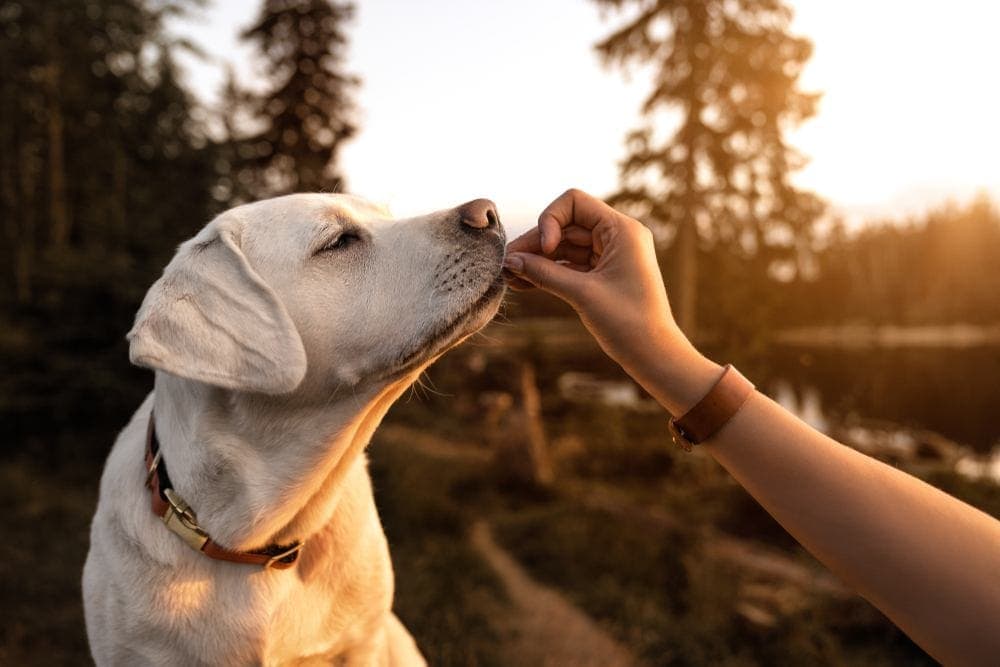
The Bottom Line
Many dogs don’t even enjoy eating pickles because of their taste, so your pooch might make the decision on their own and stay away from pickles. Feeding your dog pickles that are free of ingredients that are toxic to them is really a personal decision.
If your pooch does like pickles and ends up eating a few store-bought pickles without your permission, don’t panic, but do call your veterinarian for advice and reassurance, or contact the ASPCA animal poison hotline at 1-888-426-4435 to get the guidance you need.
Have you fed your dog pickles by mistake, before realizing they aren’t that good for dogs? If so, how did the experience play out? We would love to hear all about it!
See also:
Featured Image Credit: Photo Mix, Pixabay



